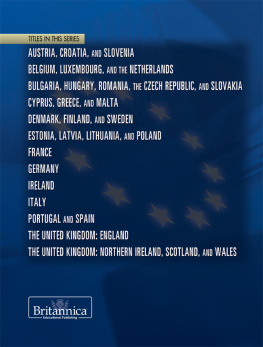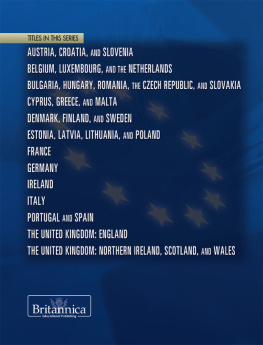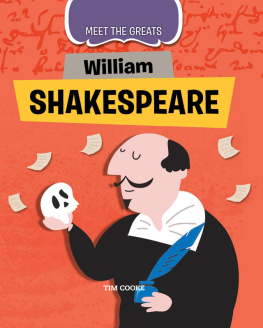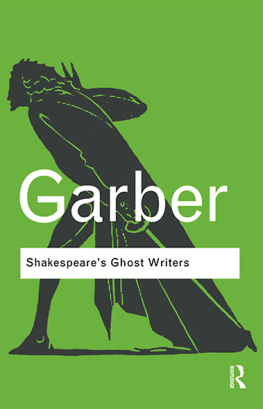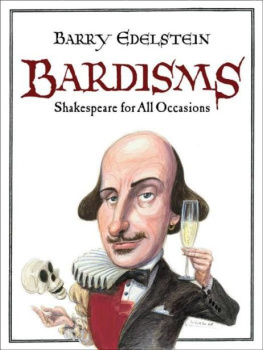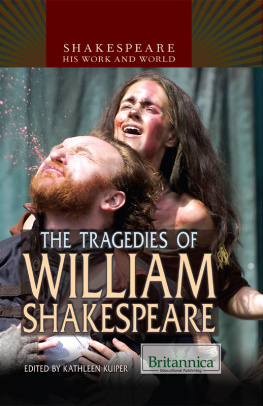

Published in 2013 by Britannica Educational Publishing
(a trademark of Encyclopdia Britannica, Inc.)
in association with Rosen Educational Services, LLC
29 East 21st Street, New York, NY 10010.
Copyright 2013 Encyclopdia Britannica, Inc. Britannica, Encyclopdia Britannica, and the Thistle logo are registered trademarks of Encyclopdia Britannica, Inc. All rights reserved.
Rosen Educational Services materials copyright 2013 Rosen Educational Services, LLC.
All rights reserved.
Distributed exclusively by Rosen Educational Services.
For a listing of additional Britannica Educational Publishing titles, call toll free (800) 237-9932.
First Edition
Britannica Educational Publishing
Adam Augustyn: Assistant Manager
J.E. Luebering: Senior Manager
Marilyn L. Barton: Senior Coordinator, Production Control
Steven Bosco: Director, Editorial Technologies
Lisa S. Braucher: Senior Producer and Data Editor
Yvette Charboneau: Senior Copy Editor
Kathy Nakamura: Manager, Media Acquisition
Kathleen Kuiper: Senior Manager, Arts and Culture
Rosen Educational Services
Jeanne Nagle: Senior Editor
Nelson S: Art Director
Cindy Reiman: Photography Manager
Amy Feinberg: Photo Researcher
Brian Garvey: Designer and Cover Design
Introduction by J. E. Luebering
Library of Congress Cataloging-in-Publication Data
The life and times of William Shakespeare/edited by Kathleen Kuiper.1st ed.
p. cm.(Shakespeare: his work and world)
In association with Britannica Educational Publishing, Rosen Educational Services.
Includes bibliographical references and index.
ISBN 978-1-61530-931-3 (eBook)
1. Shakespeare, William, 1564-1616. 2. Dramatists, EnglishEarly modern, 1500-1700Biography. I. Kuiper, Kathleen.
PR2894.L55 2013
822.33dc23
[B]
2012019293
On the Cover: Actor Joseph Finnes, quill in hand, portraying the Bard in the 1998 film Shakespeare in Love.ZUMA Press.
Pages 1, 19, 46, 66, 90, 92 Hulton Archive/Getty Images

A t its most basic, the story of William Shake-speares life is one that has been repeated countless times around the world: A young man in a small town goes to school, gets into a bit of a scrape with a woman, scurries off to a big city, becomes successful, and eventually retires, wealthy and comfortable, to the place where he began. As simple as that story is, the fact that it occurred more than 400 years ago introduces a few difficulties. Several important details of Shakespeares life, for example, simply arent known.
The aim of this book is to provide a description of Shakespeares life and times. In order to do so, it weaves together the straightforward story of Shakespeare as the Warwickshire boy who struck it rich in London and a more complicated account of the attitudes and mores prevalent in Elizabethan and Jacobean society. The end result is a book that demonstrates how deeply and uniquely embedded Shakespeare was in the world he inhabited, and thus how important knowledge of his life and times is to understanding his plays and poems.
The documentary evidence of Shakespeares life is thin, particularly by modern standards. Even something as seemingly mundane as ascertaining his birth date is problematic. Although it is almost certain that, in April 1564, someone named William Shakespeare was born in England in Stratford-upon-Avon, no documents exist that show the day on which he was born. Only a record of his baptism exists, which shows that Guliemus, filius Johannes Shakspere was christened in Stratford on April 26, 1564. The absence of a documented birth date has, over the centuries, only encouraged a belief that Shakespeare was born on April 23, which would allow the convergence of the birth of Englands greatest poet and playwright and the feast day of that countrys patron saint, St. George. Whether that belief is true, however, cannot be determined.

Statue of William Shakespeare, watching over visitors in the main reading room of the U.S. Library of Congress in Washington, D.C. Buyenlarge/Archive Photos/Getty Images
Likewise, there is no documentary evidence of Shakespeares education. The social standing of his familyparticularly given that his father held various posts in local government, including, from 1568, a position equivalent to that of mayorargues strongly for Shakespeare having been educated at a local, publicly funded grammar school. Essentially nothing is known for certain about what Shakespeare himself learned or experienced while in school.
In 1582, however, Shakespeares name pops back into the historical record. In November of that year a bond was issued for a marriage license between Shakespeare and Anne Hathaway, who came from a relatively wealthy family that lived outside of Stratford. She was (likely) 26; he was 18. The probable reason for this marriage may be deduced from Shakespeares next appearance in Stratfords records six months later, when, in May 1583, William and Annes daughter Susanna was baptized. The couple also had twins who, records show, were baptized in February 1585.
After the last baptismal certificate, Shakespeare again vanished from official records. Just as the absence of proof of his date of birth has given rise to various beliefs, so too has the period between the mid-1580s and 1592when the only mention of Shakespeare appears to be a written taunt by a London dramatistencouraged speculation and outright fabrication, drawn from a variety of sources, richest of which are Shakespeares own plays. What occupied his time during these years is simply unknown. Evidence indicates only that by 1592, Shakespeare had made his way to London, had begun working as an actor and playwright, and had been sufficiently successful as to draw the ire of at least one rival.
What is eminently clear, however, is that over the next 20 years, Shakespeare produced one of the most enduring collections of plays and poems that the world has ever known. He was closely involved during that time with a theatrical troupe called the Lord Chamberlains Men, which featured some of the best actors of the period and inhabited the most famous theatre of its time, the Globe. Shakespeare acted with and wrote for the company, and he was a part owner of the Globe; his fortunes rose with those of the company, and he became a successful, wealthy man. Over the course of his career, he acquired properties in London and Stratford, pursued a coat of arms for his family, appeared from time to time in official records, and eventually prepared a lengthy will, in March 1616. A month later he was dead.
Does it matter that there are some holes in the documentary evidence of Shakespeares life? Not really, because, aside from the extraordinary plays he left behind, it can be reasonably deduced that Shakespeare lived a relatively conventional middle-class life. But the times in which he lived were truly unique. About those timeswhich is to say, the social and cultural environment through which Shakespeare movedwe know plenty.



